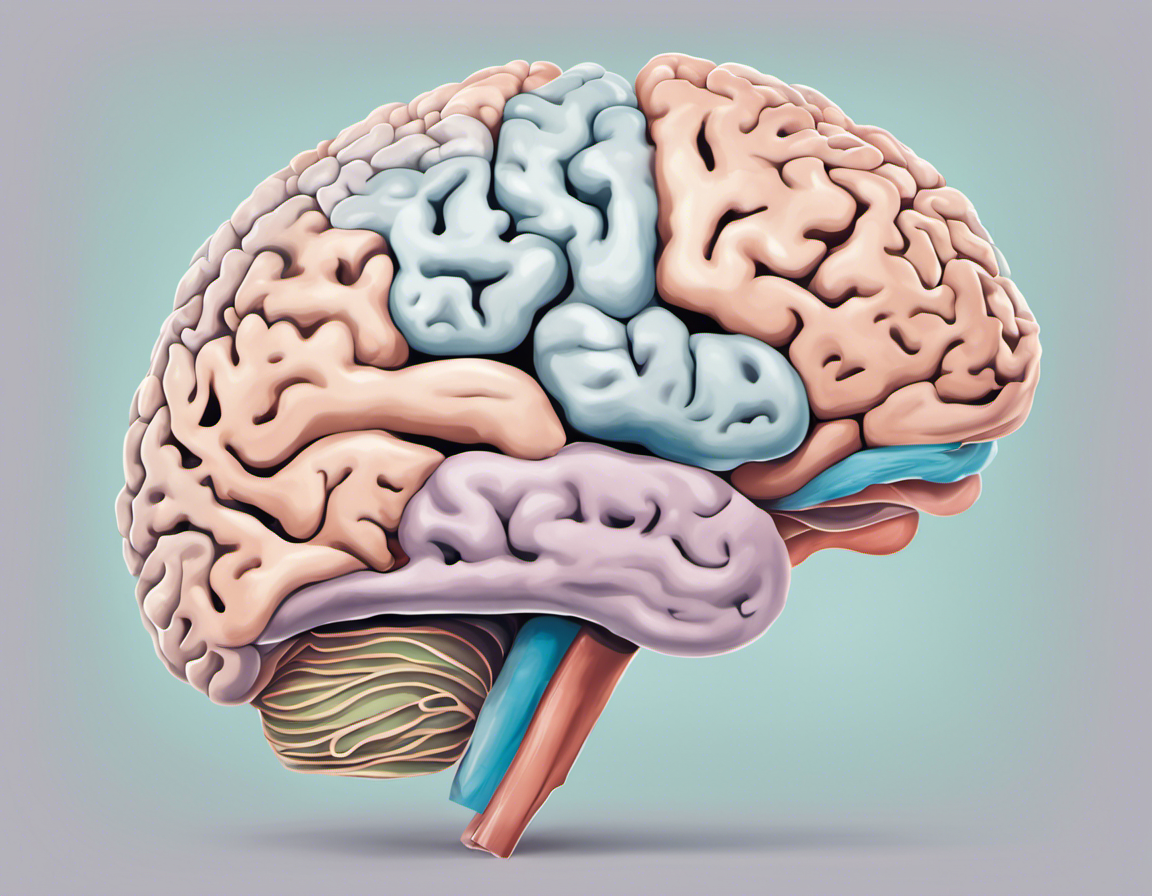Unleashing the Power of Nature Therapy in Managing ADHD

Think about the last time you were out in nature. Was it a peaceful walk in a forest? Perhaps watching a scenic sunset from a hilltop? Could this serene experience be key to managing Attention-Deficit/Hyperactivity Disorder (ADHD)? Intriguing, isn’t it? With the flurry of distractions and hyperactivity that characterizes ADHD, nature therapy emerges as an engaging medium for finding calm and focus. It is seen as a promising supplement to usually prescribed treatments and therapies for ADHD.
ADHD has long been associated with significant impairments in daily life, including school performance, work productivity, and personal relationships. Today, we aim to explore an alternative approach – an organic yet targeted strategy that may enhance focus, decrease impulsivity, and provide therapeutic benefits – nature therapy. As you read on, this article will unfold how tapping into the healing power of nature could potentially transform how we manage ADHD.
This journey through the wilds of medicine isn’t anchored just on assumptions; there’s compelling scientific backing, too. Delve deep into understanding ADHD, debunking misconceptions associated with it while highlighting its impacts on daily life. Get your roots into nature therapy—its history and evolution—and understand why fostering a connection with nature can essentially act as potent ecological Ritalin.
Join us as we embark on this intriguing exploration of bringing tranquility amid chaos through Nature Therapy for ADHD”.
Understanding ADHD
ADHD, an acronym for Attention Deficit Hyperactivity Disorder, is a pervasive neurodevelopmental condition that triggers individuals to struggle to focus on tasks or sit still for longer periods. Symptoms of this disorder can manifest in childhood and often continue into adolescence and adulthood.
Definition and Symptoms of ADHD
Attention deficit hyperactivity disorder is classified by consistent patterns of impulsivity, hyperactivity, and difficulty maintaining focus. It is characterized by three primary symptoms: distractibility (trouble focusing), impulsivity (acting without forethought), and hyperactivity (fidgeting or constant movement).
Common Misconceptions About ADHD
There is an abundance of misconceptions that surround ADHD. Many regard it as a fictitious ailment mainly because its symptoms can appear typically in children without the disorder. Some believe it’s the result of ‘bad parenting’, while in reality, it’s caused by neurological differences.
The Impact of ADHD on Daily Life
The repercussions of ADHD extend far beyond distraction or forgetfulness. It may impair a person’s ability to function efficiently in various aspects of life, including academic achievements, career advancement, social relationships, and overall mental well-being.
The Concept of Nature Therapy
Nature therapy or Ecotherapy relates to therapeutic practices that involve interacting with nature and natural environments to enhance overall wellness and mitigate mental health issues.
History and Evolution of Nature Therapy
The inception of nature therapy dates back several centuries, when humans established their intrinsic connection with nature for holistic well-being. Over time, this concept has seen remarkable evolution- From informal stints in nature’s proximity, like gardening, to organized wilderness therapies or eco-art therapy sessions.
Importance of Connection with Nature
Being closely associated with nature offers multifaceted benefits for physical and mental health. Nature works as natural stimuli, triggering sensory reactions that foster tranquility and reduce stress levels. In the context of ADHD treatment strategies, immersion into natural environments allows the brain to rest, revitalize, and enhance concentration levels.
Conclusion
There is a growing body of scientific evidence endorsing the efficacy of nature therapy for managing ADHD. Often misunderstood, ADHD impacts daily living, manifesting in expressional, behavioral, and cognitive symptoms. The calming effect of nature on the brain enables those with ADHD to rest, revitalize them, and help improve concentration.
Boosting connectivity with nature offers a holistic approach towards overall wellness. So, let’s cast aside misconceptions and harness the transformative power of nature therapy for combating ADHD. Remember, within the tranquility of nature lies our chaos’s remedy!
We encourage everyone battling ADHD or knowing someone who does to delve deeper into nature therapy and explore its undoubted potential.




Comments